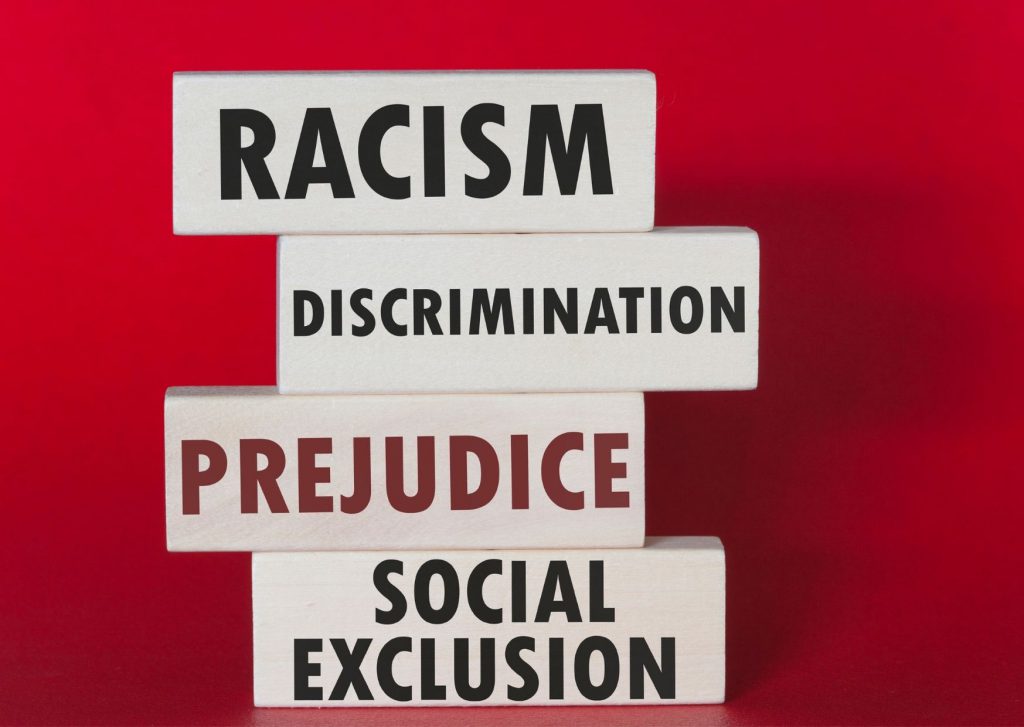Norms and values
We are all raised in different contexts, in different families, different societies, different religions, or different countries maybe. Our families and the society around us have a major impact on us in how we see the world. For instance, we learn what is good, important, useful or desirable based on what we have been taught. But the society we live in has certain other norms as well. You probably live surrounded by other people. This group of people all together will also consider behaviour that is acceptable, this is what we call social norms. Although you might feel as if the social norms that you know apply everywhere, social norms can be very different from one community to another. Accepting and celebrating those differences can make us stronger.
There are also similarities between people
You can for example listen to the same music or love the same sport, share the same religion or wear the same type of clothing. An important similarity between us, is that most people appreciate to belong and that is very upsetting to be excluded from something. Another similarity is that everyone has prejudices. A prejudice is an opinion about something or someone of which you can’t be sure whether it is true or not. This opinion is usually about a group of people. Examples of this would be ‘girls can’t play football’, ‘boys are not as emotional as girls’.
Prejudices often determine how you expect others to be like and therefore they will determine how you feel about meeting someone for the first time. Prejudice and discrimination often occur when we see each other as groups: one characteristic of that group is focused upon instead of the many other characteristics each person of that group has. Such prejudices often find their origin in differing norms and values, resulting in a clash between differing world views.
Diversity is a strength
Article 1 of the UNESCO Universal Declaration on Cultural Diversity reads that “as a source of exchange, innovation and creativity, cultural diversity is as necessary for humankind as biodiversity for nature.” Cultural diversity, or all the different views that we have on the world can be become a strength if we are ready to accept new perspectives and rationalise our fear of the unfamiliar. A diversity of perceptions, experiences, knowledges, sensibilities, is what makes us move forward.
Possible in-class discussion topics:
- Microagressions and the importance of using the appropriate language;
- Discussing diversity and the lack thereof in media and racial biases in media coverage.
- Cultural differences and diversity



